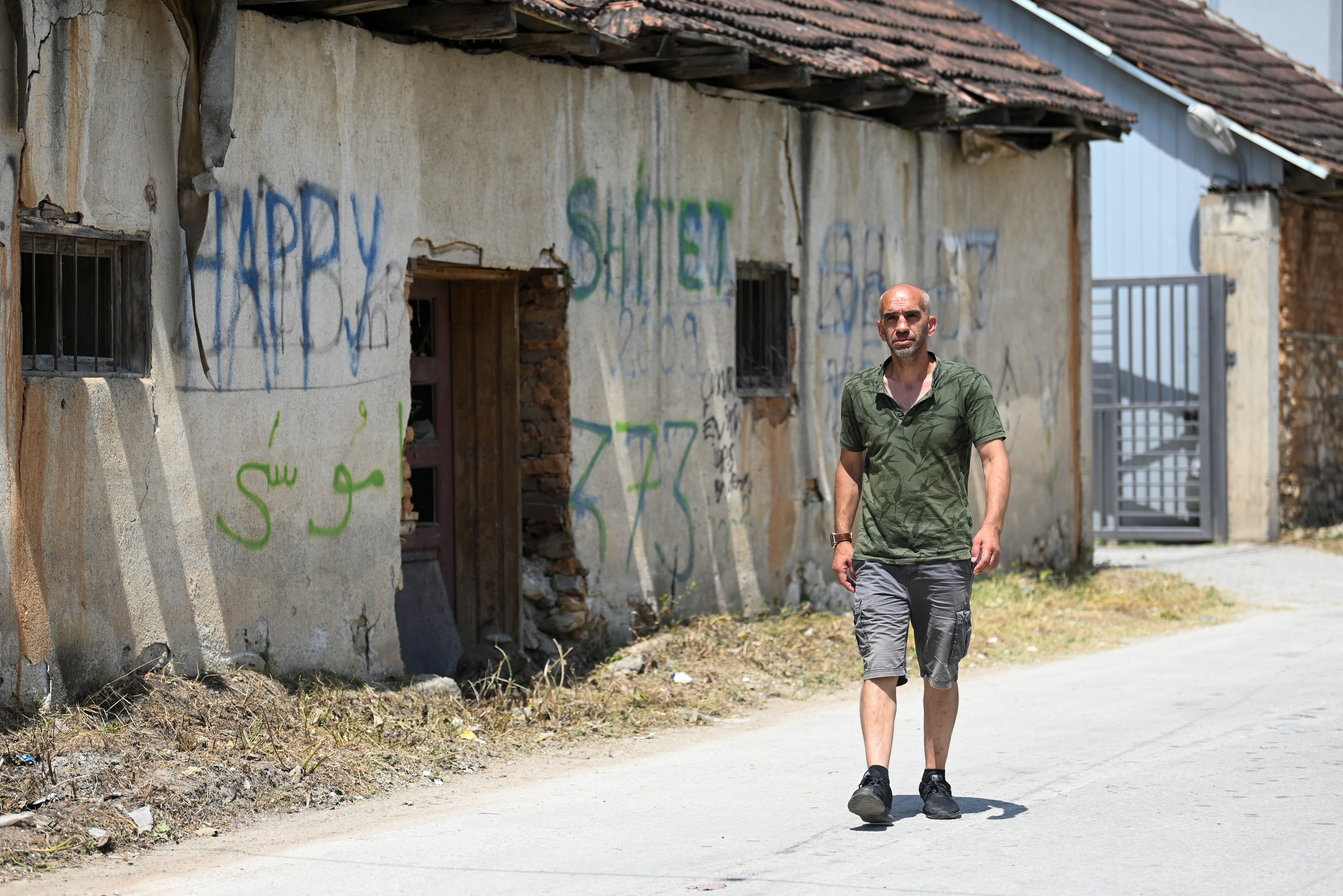Every job is a Job… and every Job is an Opportunity
October 18, 2023

How the care economy breaks the traditional stereotypes and empowers both men and women while creating job opportunities and closing the gender gap
“Ever since I can remember I have wanted to be around people and help people. I have dedicated my whole life to caring for people with disabilities, with severe forms of disability and diseases that require special medical treatment. But I would not wish anyone to gain the experience and knowledge in caring for people with disabilities at home, while taking care of their loved ones.” - Ljavdrim Jašari starts his story.

Ljavdrim and his family come from a small mountain village of Vrbjani, located in the western part of North Macedonia. His father became disabled when Ljavdrim was only seven years old, so he had no other choice but to spend his entire childhood taking care of his parents. However, life put him to the test two more times once he became a parent.
One of his daughters was diagnosed with cerebral palsy, and the other with epilepsy. “My children’s illness forced me to leave our village and move to Gostivar, to be closer to health facilities and react quickly when my girls need some medical intervention” – he continues.

In order to feed his family, he worked as much as he could - painter, tiler, wood and plastic collector. His wife is unemployed and she takes care of the girls who need continuous care and supervision. Because of their health condition, she is forced to be by their side all the time.
“I heard about the chance offering training and job opportunities for caregivers whose task would be to care for people with disabilities – says Ljavdrim, who has recently been regularly employed as a caregiver within the NGO Citizens Association RESURSEN CENTER for parents of children with disability from Gostivar.

-When I found out about the opportunity, I immediately applied in the programme. I went through a three-month professional training in the company of social workers, medical personnel and educators, and I acquired a caregiver license. Since then, I have been employed with pension and health insurance paid, I have regular income, and at the same time I professionally take care of people who need a helping hand – he describes his experience and his eyes light up with pride and enthusiasm.

The care economy is a predominantly women-dominated industry worldwide. For Ljavdrim, it was another challenge – how would a man manage to do “female” work in a traditional environment where there were still stereotypes about “male and female work”?
“Although many people think that caregiving is a woman’s job, I can say that I am doing very well and performing my duties professionally. This is recognized by the people I take care of, and I have unreserved support from their families. There is no man or women job anymore… a job is a job and must be done!”
“I would like to encourage all men and women, who are currently unemployed and feel that they can contribute as caregivers by helping the disabled, to apply in the Programme. It is time to overcome the stereotypes that we should divide jobs into male’s and female’s. To ensure a dignified life, we need to get rid of such prejudice once and for all. We need equal opportunities for all, no matter what!” – Ljavrim concludes.

Ljavdrim`s journey showcases the transformative power of the care economy, demonstrating that every job is an opportunity for both men and women to make a meaningful impact. By breaking down gender barriers, fostering equality, and providing job opportunities, the care economy not only empowers individuals like Ljavdrim but also plays a vital role in closing the gender gap.
It is time to embrace the belief that "a job is a job" and work together to create a society that values and create equal opportunities for all!
The Care Economy Program, firstly initiated in 2021 as part of the Operational plan for employment, is implemented by UNDP, in partnership with the Ministry of Labor and Social Policy and the Employment Service Agency. So far, 318 unemployed persons have been included in the certified caregiver training process and 217 have been formally employed as caregivers in 25 non-governmental organizations expected to deliver social services to around 800 end beneficiaries.
The Programme aims to enable the hard-to-employ groups of citizens to more easily activate in the labor market, while filling the skilled labor gap, particularly in the area of social protection and care.

 Locations
Locations